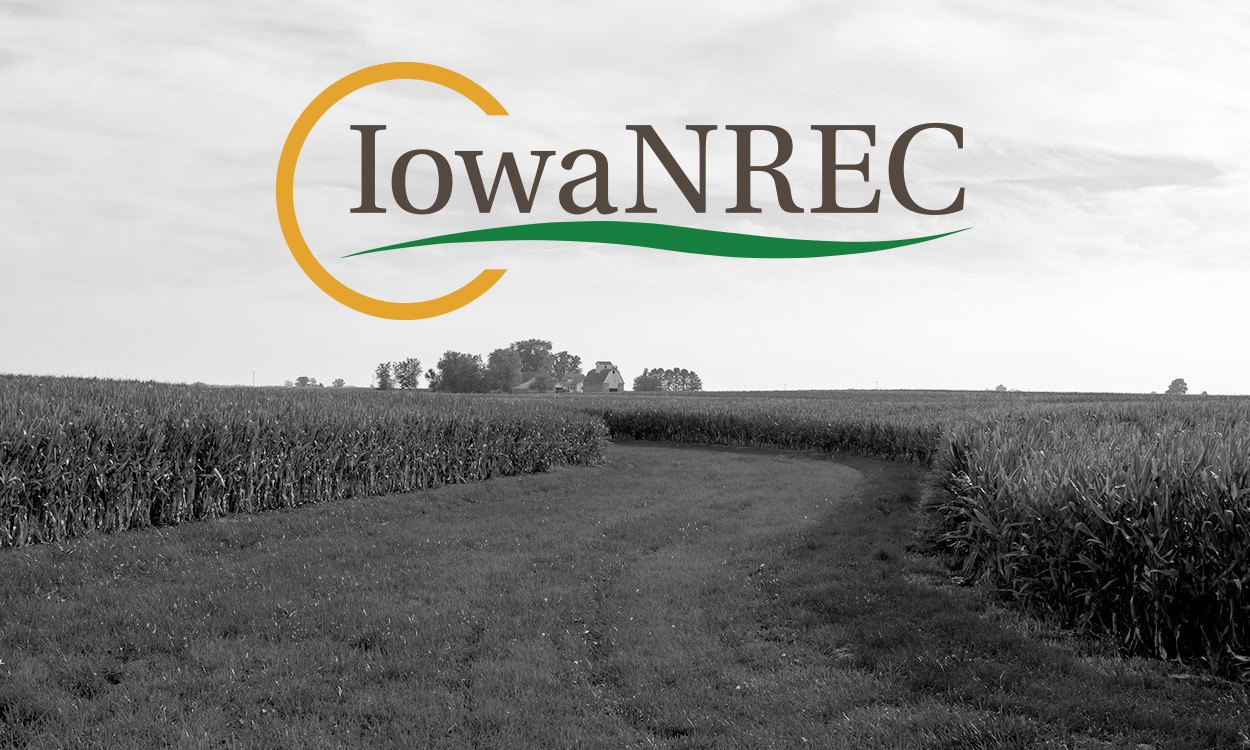Des Moines, Iowa | December 15, 2016 – The collaboration, called the Iowa Nutrient Research & Education Council (INREC) is a private non-profit organization formed to measure and demonstrate environmental progress of Iowa farmers, foster innovation of new agricultural and environmental technologies, and enhance CCA and Ag Retailer roles as change agents, working with Iowa farmers to achieve environmental goals.
INREC Chair Dave Coppess said that joining the whole system together in support of the Nutrient Reduction Strategy only makes sense since it takes everyone in the system to produce Iowa’s crops.“It’s important that we engage representatives from all of Iowa’s agriculture organizations to generate satisfactory solutions for Iowa and our consumers” said Coppess. “Consumers prize family satisfaction and knowing agriculture’s environmental stewardship in production of their food. Our goal is to capture and share the progress of Iowa’s water quality initiatives to support this mission.”
INREC was formed in late 2014 to support environmental stewardship through science-based solutions and affect change in making progress toward the goals of Iowa’s Nutrient Reduction Strategy.
Iowa’s ag retailers and 5000 crop advisors meet with nearly every farmer, concerning every field, every year. These agriculture professionals are the most trusted source of information and guidance for farmers, according to Iowa State University’s annual Farm and Rural Life Poll. One mission of INREC is to help increase the impact of ag professionals as change agents, assisting them with advising farmer decisions about environmental technologies and practices through outreach and training.“There’s a lot on the line for farmers when they introduce a new practice into their crop production system,” said Joel Brinkmeyer, CEO of INREC. “There’s a cost, and in many cases a long term commitment. They need to know it’s going to work, which is why science-based approaches are important.”
The other missions of INREC are to help validate environmental performance of products, practices, and services; and measure and demonstrate progress by Iowa farmers to reduce nutrient losses.The progress measurement mission is an important part of understanding impact, according to Shawn Richmond, INREC Director of Environmental Services. Measurement of implementation shows progress toward a long term strategy of reducing nutrient loads, which will be quantified based on the best available science. The effects of implementation will be seen over the long term, but near-term measures are needed to ensure progress is being made. INREC will work with ISU researchers to allow various strategies to undergo neutral science testing and evaluation for water quality effectiveness. This allows retailers to be confident about the environmental impact of the products or services they sell, and farmers to be confident their investment will have the intended outcomes. “The end goal is to have a variety of strategies being implemented with the guidance and help of experts,” said Brinkmeyer. “INREC will be the catalyst for those in the agricultural system to become the change agents.”
